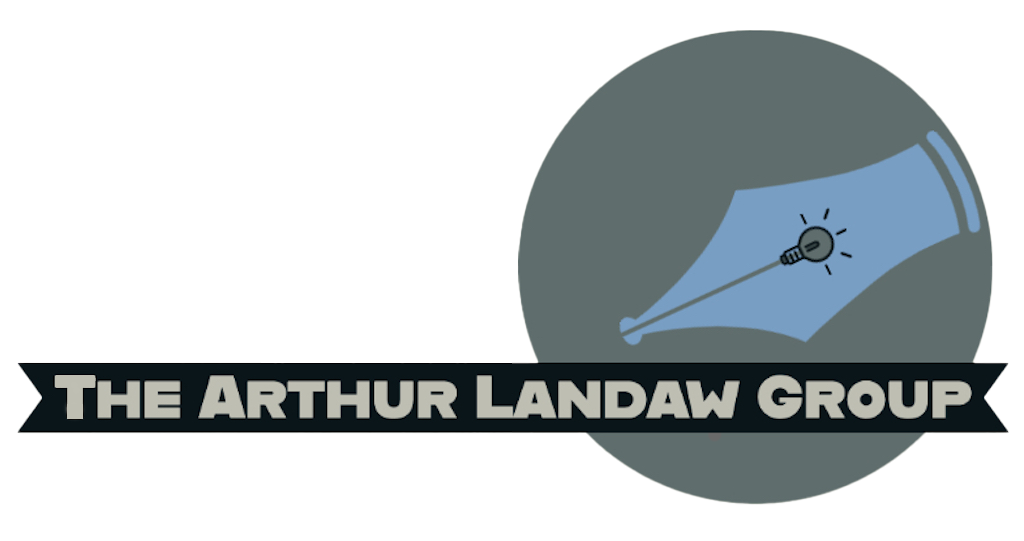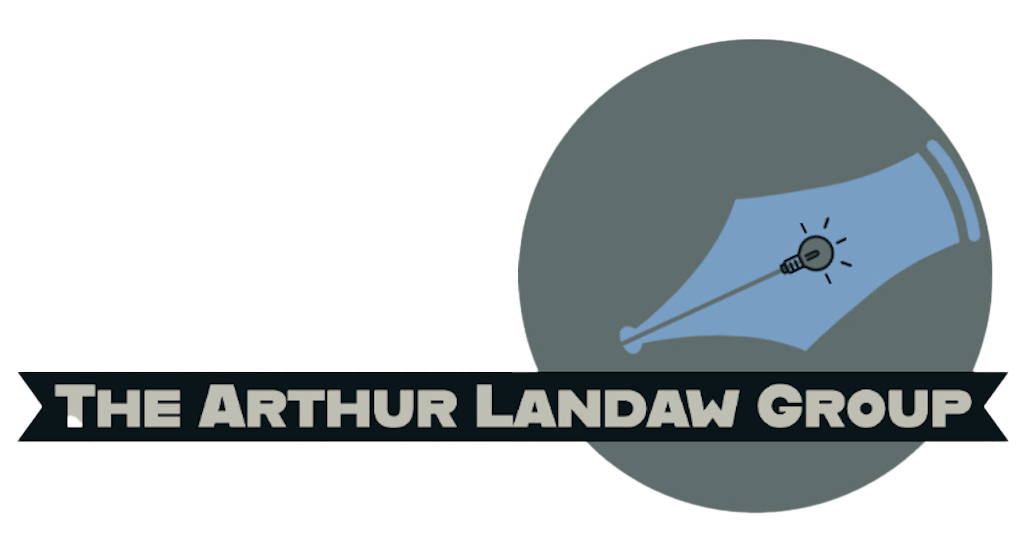
6 JavaScript Essentials
JavaScript is one of the most powerful programming languages on the web. From creating interactive webpages to developing full-scale applications, JavaScript has become a must-have skill for any modern web developer.
However, as with any programming language, knowing the best practices for writing JavaScript code is essential if you want to get the most out of your code. From writing clean code to optimizing page performance, these six essential JavaScript best practices will help you become a better JavaScript developer.
1. Write Clean, Readable Code
One of the most important best practices for any programming language is writing clean, readable code. Clean code is easier to debug, easier to maintain, and easier to work with. It also makes it easier for other developers to understand your code, which is especially important for open source projects and collaborations.
When writing your code, use indentation and whitespace to make it easier to read. Use descriptive variable and function names that accurately describe what the code is doing. And use comments to explain certain sections of code, so that other developers can easily understand it.
2. Avoid Global Variables
Global variables can make code harder to debug and maintain, so it’s best to avoid them whenever possible. Global variables can also lead to conflicts with other code, so it’s best to limit their use.
If you do need to use global variables, be sure to use descriptive names so that other developers know what they are. For example, instead of using a variable called “x”, use one called “userName” to make it easier to understand.
3. Use Modular Code
Modular code is code that has been broken down into small, reusable components. This makes it easier to debug and maintain, and it also makes it easier to reuse code in other projects.
When writing code, break it down into small, reusable components. This will make the code easier to read, debug, and maintain. Additionally, you can use libraries such as React, Vue, and Angular to create modular components that can be reused across projects.

4. Use Appropriate Coding Standards
Coding standards are guidelines for how code should be written. They help to ensure that code is consistent, organized, and easy to read.
When writing code, make sure to use the appropriate coding standards. This will make the code easier to read and understand, and it will also make it easier to debug. Additionally, using coding standards can help you catch errors before they become problems.
5. Optimize Page Performance
Optimizing page performance is essential for creating a good user experience. If your page takes too long to load, users will be less likely to stay on it.
When optimizing page performance, there are several things you can do. First, minify your JavaScript code to reduce file size. Second, use asynchronous loading to load scripts in the background. Finally, use caching to store data in the browser so that it doesn’t have to be downloaded each time the page is loaded.
6. Test Your Code
Testing your code is essential for ensuring that it works as expected. Testing can also help you catch any bugs or errors before they become problems.
When testing your code, make sure to use both unit and integration tests. Unit tests test individual functions, while integration tests test how the code works with other parts of the codebase. Additionally, use automated testing tools to ensure that your code is always up to date.
Conclusion
These six essential JavaScript best practices will help you become a better JavaScript developer. From writing clean, readable code to optimizing page performance, these best practices will help you write better, more efficient code. So make sure to follow them when writing your next JavaScript project.
Written by Evan Landaw | TALG

Services
Company
Resources
